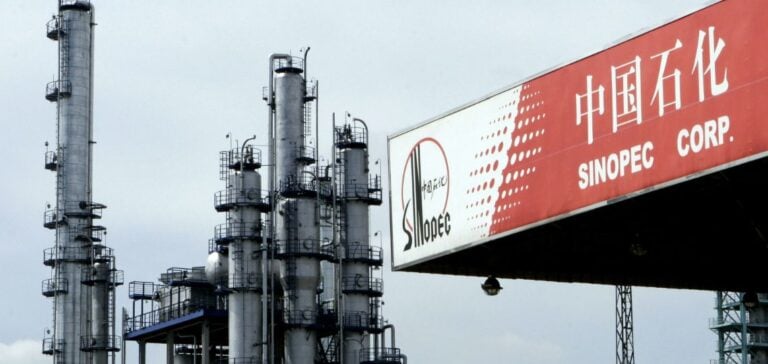Sri Lanka has just recorded the largest foreign financial contribution in its recent history. Sinopec is investing 3.7 billion dollars to build a modern oil refinery in Hambantota. Authorities hope to increase export capacity to consolidate the country’s monetary reserves. The project takes shape in a tense economic context, marked by heavy external debt.
Sinopec and Sri Lanka’s energy growth
The port of Hambantota was handed over to a Chinese operator after an unsustainable loan. This decision sparked debates on the country’s dependence on its creditors. Officials hope this new refinery will mitigate long-term financial risks. The announced amount confirms Beijing’s growing interest in Sri Lanka’s energy market.
Government leaders see an opportunity to stabilize the country’s vital imports. The expected funding will also modernize certain infrastructure related to the oil sector. Such a financial commitment could foster long-term growth momentum. However, local stakeholders view this partnership as an extension of China’s economic influence.
Political and commercial stakes
The Sri Lankan government expects a swift return on capital through planned exports. Observers point to limited reserves, linked to geopolitical uncertainties in South Asia. The Hambantota region now hosts multiple projects focused on logistics and essential energy. Bilateral talks also address other strategic sectors, including transport infrastructure.
The Sri Lankan head of state maintains direct dialogue with Beijing to clarify financial terms. This sought-after transparency aims to curb existing diplomatic tensions in the region. Future negotiations will likely include a thorough review of local regulatory frameworks. Commercial consolidation seeks to secure Sri Lanka’s foreign currency inflows.
Long-term economic stability
The international financial community is monitoring this alliance, concerned about local macroeconomic developments. Specialized agencies may adjust sovereign ratings according to this partnership’s progress. Some domestic actors fear an excessive dependence on Chinese funding sources. However, this project strengthens Sri Lanka’s ambition to play a major role in regional refining.






















